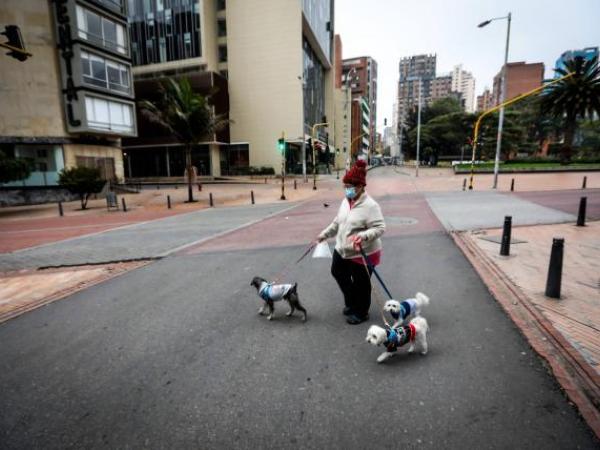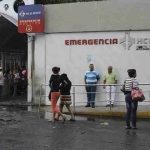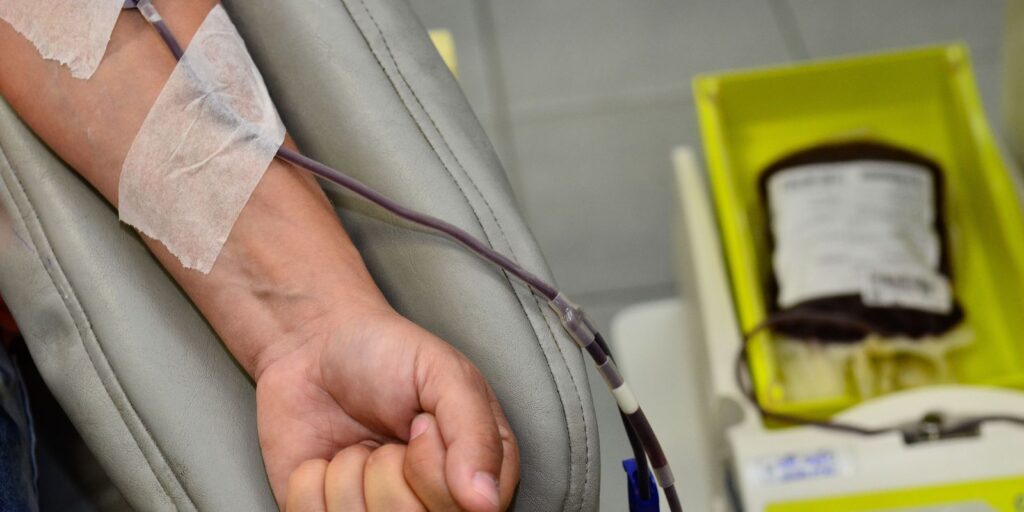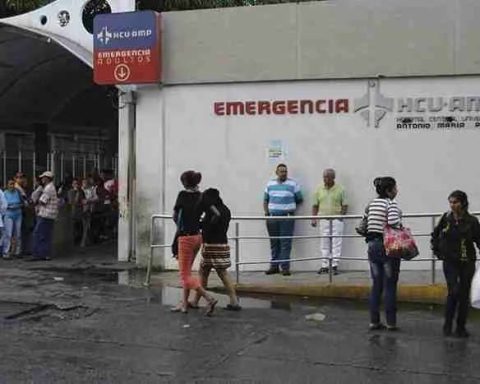In recent days, news has been new lockdowns that have been ordered in China due to the outbreak of cases of contagion of covid-19.
Millions of people have had to lock themselves up, again, in their homes and even offices. This, framed in the Chinese Government’s policy of ‘covid zero’.
(See: China does not give in: this is how this country lives the new confinements).
One of the most striking cases is that of Shanghai, the Chinese economic capital, where 25 million people have had to confine themselves due to covid.
There have already been clashes with the policeman by harsh confinement measures.
To this is added that this Saturday, April 16, China will impose new restrictions for four days in Xi’an,
The 13 million inhabitants of the former Chinese imperial capital, which already suffered a confinement in December, were ordered not to leave their homes and limit your travel. Companies will be able to continue with their activity, but giving priority to teleworking.
(See: Under what conditions does the EU accept a vaccination certificate from Colombia?).
Public places will also be closed and restaurants will not be able to welcome customers, except for home delivery of food.
Against this background, the National university of Colombia decided to analyze whether a strict confinement could be applied again in Colombia, “considering that in the last two years more than 6 million people have been infected, of whom around 139,700 have died“.
About, the infectious disease doctor and epidemiologist Carlos Saavedra, Professor of the Department of Internal Medicine of the Faculty of Medicine of the institution, ruled out such a scenario.
“The countries that are at a very high risk of infection are New Zealand and Australia, since, like China, they implemented a strict confinement, in which there was no significant circulation of the virus, but they depended on vaccines.”, analyzed the expert.
(See: In Shanghai they would be sacrificing animals to mitigate cases of covid).
“As we discovered, vaccines are not very efficient in preventing the infection as such, but rather the serious forms, in which case they are very relevant. Vaccines cannot offer protection for a long time and are only able to prevent transmission for up to six months, but these countries did not take into account that the combination of infection and vaccination has a much better protective effect than that of the vaccine alone”, he added.
Although these populations are protected against severe forms, they do not have significant long-term protection against infection.
The expert assured that these countries are in panic before the virus and that is why measures are taken: “Killing pets and establishing strict confinement, which really, at this moment, are no longer justified because the virus is in a stage of migration from pandemic to endemic”.
(See: WHO monitors three new mutations of covid-19: XD, XF and XE).
recognized that Colombia could present stable recirculation processes of the virus and some small seasonal peaks related to the weather, so there will be, again, peaks of infection, “but severe forms will be infrequent and rare, because a high percentage of the population is vaccinated and has already suffered from the disease“.
(See: Covid: details of the intranasal vaccine being tested in Colombia).
BRIEFCASE

















